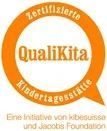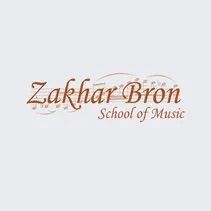Our Montessori Curriculum
"Education should no longer be mostly imparting of knowledge, but must take a new path, seeking the release of human potentialities." - Maria Montessori
At d’Insle and Sprungbrett Montessori Schools, our curriculum is rooted in the Montessori pedagogy. Montessori education builds a child’s capability to become a fulfilled and productive adult able to contribute to the world—at home, at work, and in their community. Maria Montessori’s observation of human development from birth to adulthood led to an education approach that supports children’s natural development, providing the skills and support to reach their full potential in life. With a strong emotional, behavioural, and moral foundation, children become motivated, active, and independent learners who are prepared for the real world.
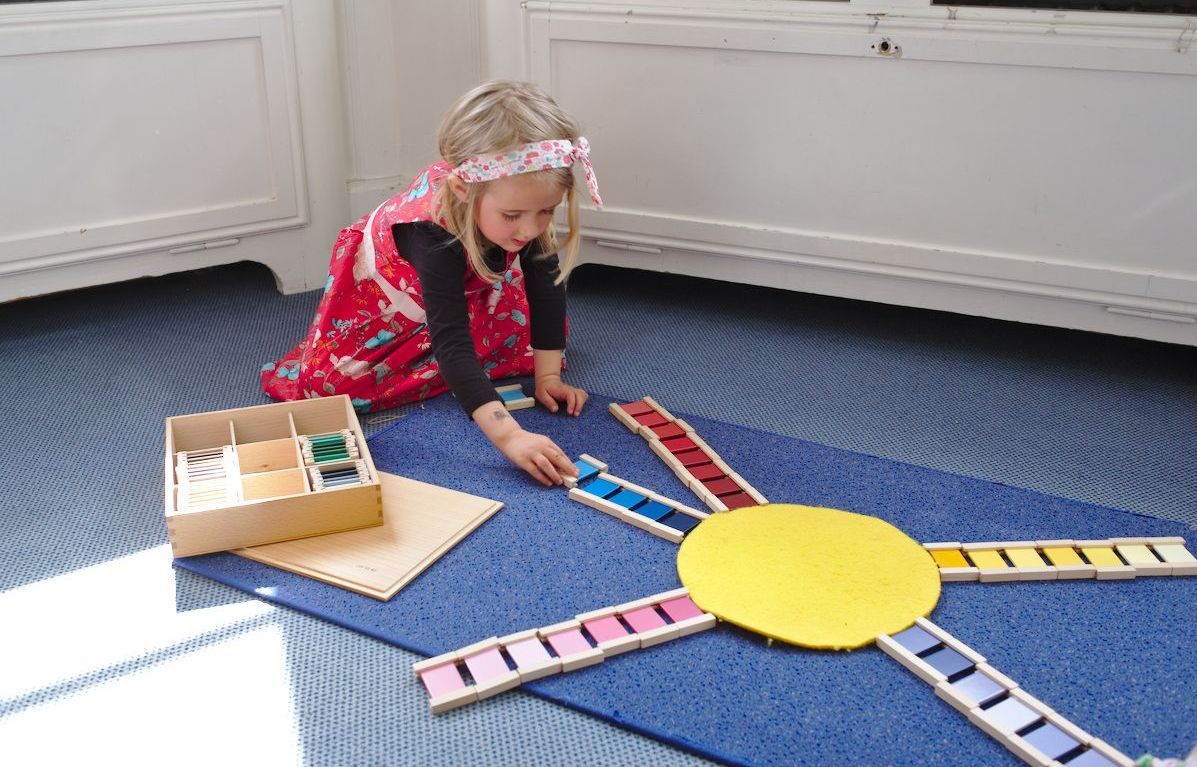
The initial three years of life are pivotal for human development and the blossoming of potential. This is a phase where the foundations of personality, social capabilities, and essential values are formed. By grasping the nuances of a child's growth, Montessori environments can cater to the needs of infants, promoting a sense of belonging, independence, and language development, which empowers children to feel competent and confident.
Pre Kindergarten
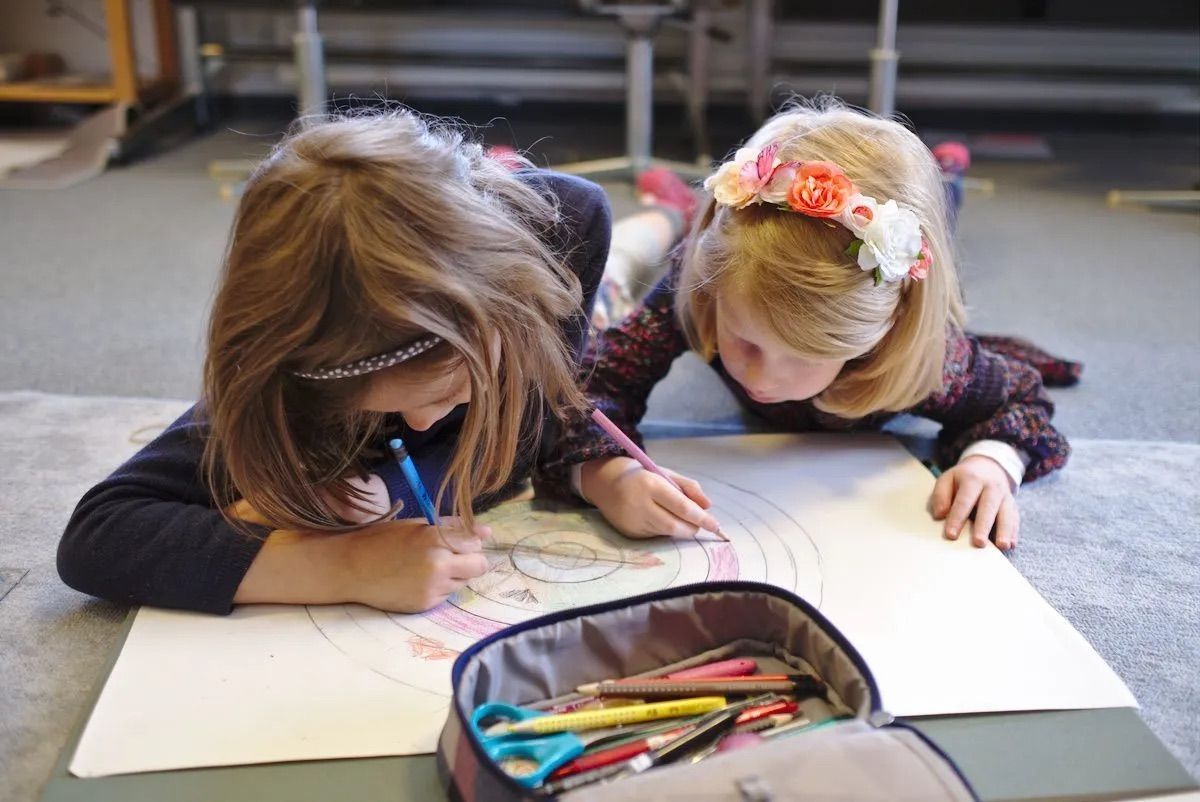
Primary
Elementary aged children typically can be characterised by their curious minds, their ability to abstract and imagine, their moral and social orientation and their energy for research and exploration. Elementary children work in small, mixed-age groups on a variety of projects which spark the imagination, engage the intellect, and develop their reasoning abilities.
Elementary studies build knowledge through an in-depth study of the world and how it works. Studies are integrated across disciplines that include geography, biology, history, language, mathematics, science, music, and other forms of artistic expression. Exploration of each area is augmented by the children, who organise visits beyond the confines of the classroom to gain real-life knowledge from community resources, such as the library, planetarium, botanical garden, science centre, factory, hospital, etc. This approach fosters a feeling of connectedness to humanity and encourages children’s natural desire to make a contribution to the world.
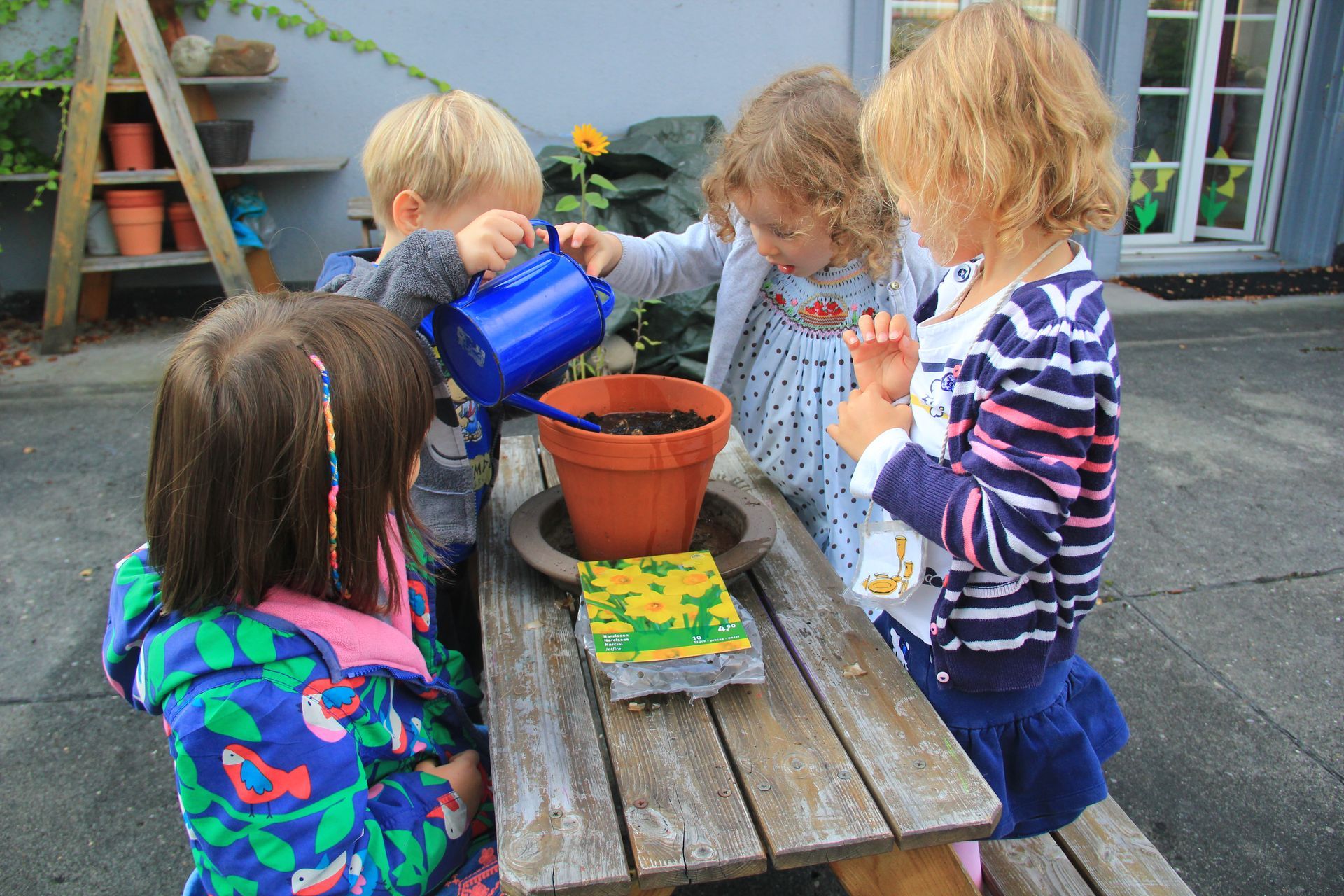
Primary
Elementary aged children typically can be characterised by their curious minds, their ability to abstract and imagine, their moral and social orientation and their energy for research and exploration. Elementary children work in small, mixed-age groups on a variety of projects which spark the imagination, engage the intellect, and develop their reasoning abilities.
Elementary studies build knowledge through an in-depth study of the world and how it works. Studies are integrated across disciplines that include geography, biology, history, language, mathematics, science, music, and other forms of artistic expression. Exploration of each area is augmented by the children, who organise visits beyond the confines of the classroom to gain real-life knowledge from community resources, such as the library, planetarium, botanical garden, science centre, factory, hospital, etc. This approach fosters a feeling of connectedness to humanity and encourages children’s natural desire to make a contribution to the world.
Pre-Kindergarten
The initial three years of life are pivotal for human development and the blossoming of potential. This is a phase where the foundations of personality, social capabilities, and essential values are formed. By grasping the nuances of a child's growth, Montessori environments can cater to the needs of infants, promoting a sense of belonging, independence, and language development, which empowers children to feel competent and confident.
Kindergarten
Having established the foundations of their personality, three-year-old children enter the prepared environment eager to nurture and refine their abilities. They thrive best through hands-on activities that foster independence and self-efficacy; the manipulation of objects that provides tangible sensory experiences; and open-ended exploration that enhances their movements, sensory perceptions, language skills, and intellectual development. All members of this broader community of 3 to 6-year-olds flourish through opportunities to pursue their interests, select their own activities, cultivate their ability to concentrate, and engage with their developing powers of reasoning, imagination, and social interaction at their own pace.
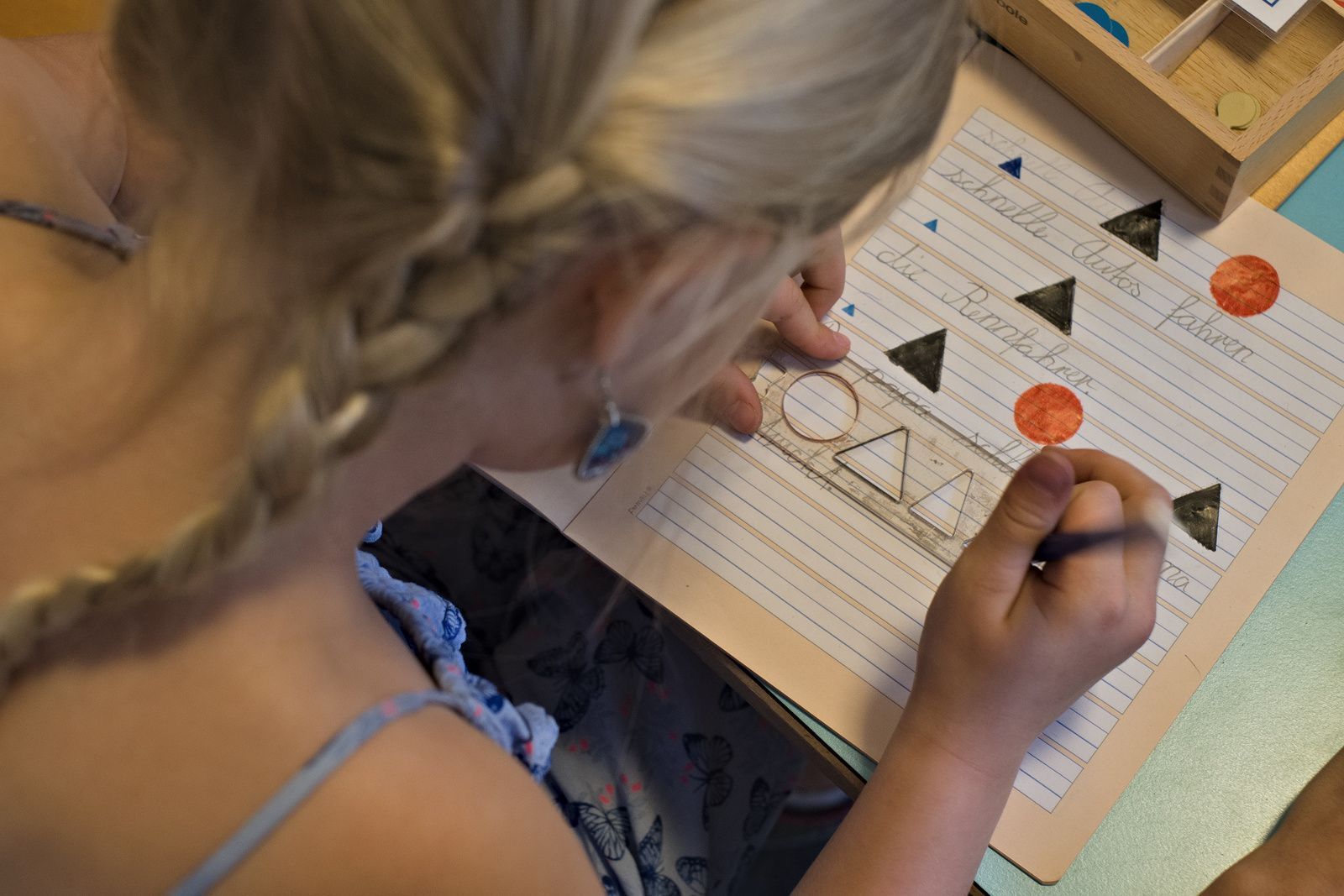
Pre-Kindergarten
The initial three years of life are pivotal for human development and the blossoming of potential. This is a phase where the foundations of personality, social capabilities, and essential values are formed. By grasping the nuances of a child's growth, Montessori environments can cater to the needs of infants, promoting a sense of belonging, independence, and language development, which empowers children to feel competent and confident.
Schedules
A Typical Day at Our School
At d’Insle and Sprungbrett Montessori Schools, each day is a journey of discovery and growth. Our students engage in a variety of activities that foster independence, creativity, and a love for learning. From morning circle time to afternoon projects, every moment is designed to inspire and educate. Click the age group below for current schedules.
Core Montessori Principles Upon which We Work
Absorbent mind
The Absorbent Mind is how Dr. Montessori characterizes the unconscious intellect of a young child, enabling them to learn in a unique and more enduring manner compared to any later-developed form of intellect. It acknowledges that children investigate the essence of things and their connections through their senses, thereby literally soaking up the knowledge they acquire from their surroundings, much like a sponge soaks up water when submerged.
Sensitive periods
Sensitive Periods refer to phases of heightened receptivity to specific types of learning content, during which children can effortlessly and effectively absorb particular educational material in a relatively brief span of time (for example, a language).
Isolation of difficulty
Isolation of difficulty is a prominent concept in the Montessori Method. It embodies the educators' efforts to prevent overwhelming the child with multiple new challenges simultaneously. Instead, they carefully select educational content, ensuring that the child encounters only one difficulty at a time, which enhances the likelihood of mastering it more effectively.
Materialised abstraction
Materialised abstraction refers to the capacity to engage with abstract educational concepts embedded in Montessori materials, rather than merely absorbing this information through traditional teaching and rote memorization. Knowledge acquired in this manner is anchored in memory far more effectively, as it is processed on a sensory level—the most fundamental of all learning methods—facilitating a transition from understanding a physical object to comprehending an idea.
Individualisation
The personalization of lessons allows children to receive encouragement and support tailored to their individual potential. Quick learners should have the opportunity to pursue higher goals without delay. In a Montessori environment, their development is never stifled by the need to wait for classmates to keep pace. On the other hand, those who take longer to process information receive the necessary guidance from educators and through tactile materials to grasp complex concepts. They face no pressure, urgency, or feelings of inferiority; rather, they are permitted to advance through the essential stages of learning at their own steady pace.
Observation
Observation serves as a Montessori teacher's magical instrument, enabling her to discern each student's level, identify areas where they require assistance, and recognize where they can independently tackle challenges and find solutions. She steps in to guide a child’s efforts when necessary, yet does so as infrequently as possible. Sometimes, she permits children to err, understanding that these mistakes can serve as valuable tools in the learning journey.
Cosmic education
Cosmic Education embodies the idea of an integrated approach to learning that transcends traditional subject boundaries, offering a cohesive understanding of the profound complexities of our world. We focus our daily endeavors on nurturing the essential skill of interconnected thinking across various disciplines while fostering individual growth based on unique strengths.
Mixed-age classes
Mixed-age classes foster ongoing communication among peers at varying developmental stages, helping to prevent both under-stimulation and over-challenging. These classes provide continuous opportunities for students to share their knowledge with younger children, allowing them to refine their own skills while consistently identifying suitable learning partners for both their strengths and areas needing improvement.
The teaching staff
Independent work refers to the uninterrupted working period of at least three hours, during which the child engages in their tasks without the interruption of any bells marking breaks. Each child has the freedom to decide when to take a break for refreshment, affectionately referred to by the Swiss as a “Znüni.”
The prepared environment
The learning environment in the Children’s House and School should be continuously refined by the teaching staff based on their observations and insights. This ensures that children consistently encounter materials that align with their current developmental stage, support ongoing teaching objectives, and stimulate their interest.
Free choice
Free choice empowers the child to choose from the curated selection available, enabling them to pick what aligns best with their current developmental stage. When all components of this concept are optimally aligned, observing the child during a focused period of engagement with the chosen materials frequently uncovers a remarkable occurrence – the polarization of attention.
Polarisation of attention
Polarization of attention is the phrase coined by Maria Montessori to describe instances of profound concentration and complete dedication to a task, particularly in self-directed learning environments. These moments facilitate rapid learning progress and result in an unexpected release of energy rather than a depletion of it. Consequently, it is during such times that the child is more likely to feel a profound sense of fulfillment instead of fatigue.
Student Experiences at d’Insle and Sprungbrett Montessori Schools
Hear from our current and former students about their transformative journeys through our Montessori curriculum. Their stories reflect the unique learning environment that fosters independence, creativity, and a love for learning.
"I like that my teacher, teaches me things I don’t know."
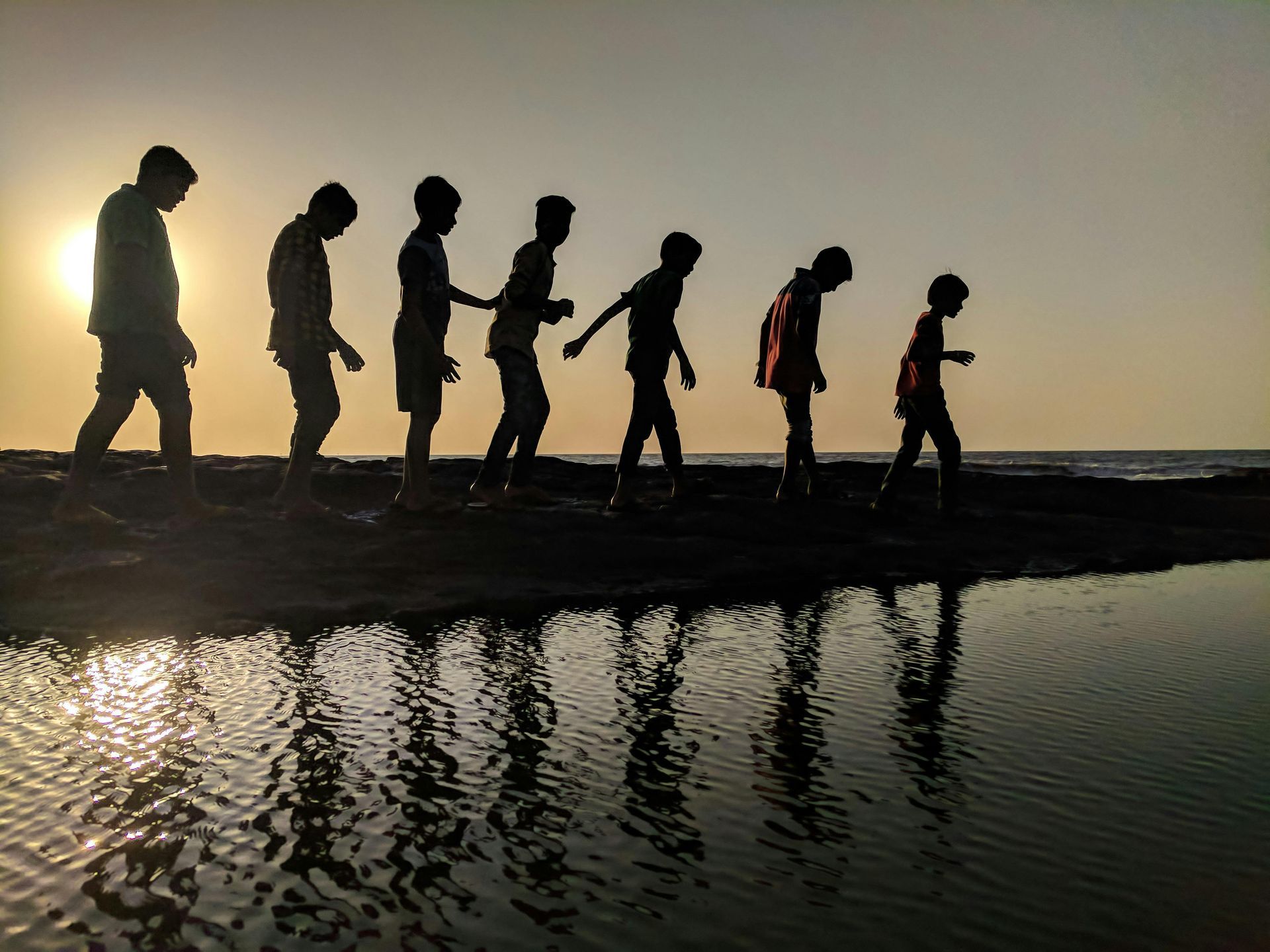
Eva
4 years old
"The supportive community at Sprungbrett-d’Insle helped me grow not just academically, but personally. I felt valued and heard every day."
Liam T.

"I like that we learn about maps and flags. "

Paul
6 years old
"The Montessori methods truly shaped my educational journey. I learned to be self-motivated and curious about the world around me."

Noah K.
Connect With Us
At d’Insle and Sprungbrett Montessori Schools, we believe in open communication between parents, students, and our dedicated faculty. If you have any questions or need support, please don't hesitate to reach out. Our experienced educators are here to assist you in your educational journey.
For inquiries, please email us.
+41 43 443 00 30
Phone
Call us for immediate assistance.
Office
Visit us at our main office.
d'Insle Montessori Schule AG
Forchstrasse 40
8008 Zürich
Memberships
- Association of Zurich Private Schools, VZP
- Association of Childcare Switzerland, kibesuisse
- QualiKita


